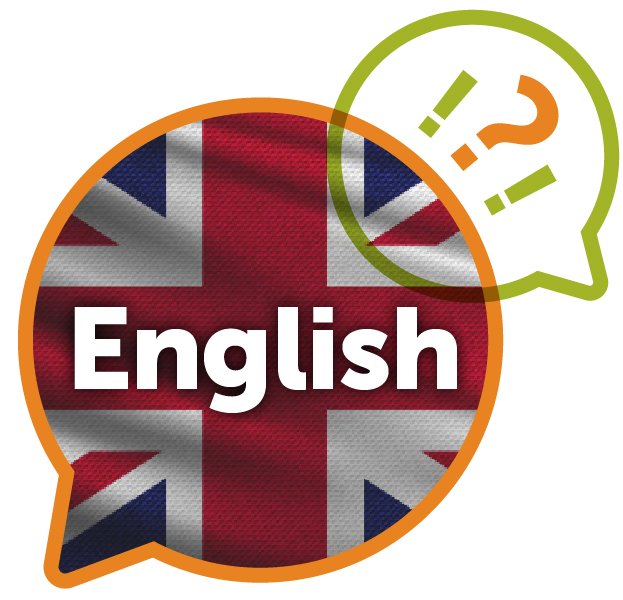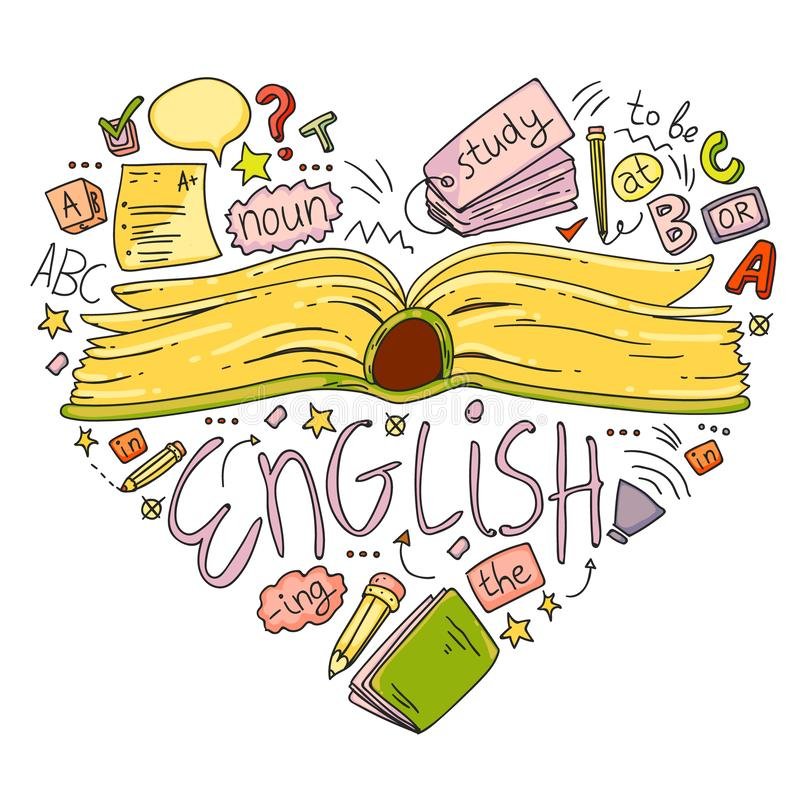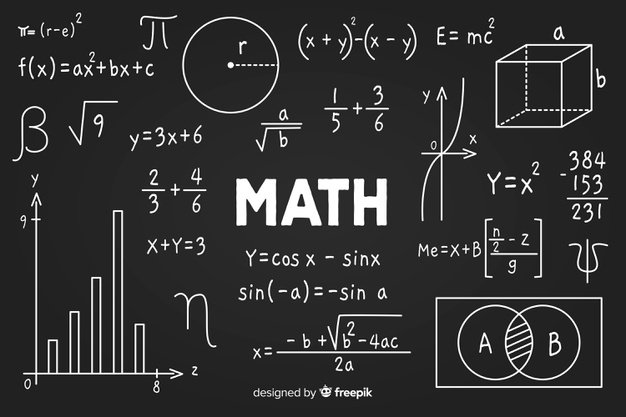Vocabulary plays an important part in learning to read. For example, when a beginning reader sees the word dog in a book, he begins to sound it out. When he realizes that he is very familiar with the word dog, he reads it with confidence.
But what if the child comes across the word yak in a story? If he has never heard of a yak, he may try to sound out the word, but may then begin to second guess himself. Is this a real word? Have I decoded it properly?
A similar thing can happen with older students, too. If a student comes across the word bovine but it’s not in his vocabulary, he may become frustrated.
A large vocabulary is critical for reading comprehension. This article will show you how to include vocabulary development in your child’s educational plans, as well as some pitfalls to avoid.
Developing a strong vocabulary at a young age will help set pupils up for the secondary school. Having a good breadth of vocabulary is critical to ensuring that children can express themselves in an articulate and clear manner in both their oral and written communications.
It's therefore important to teach and support understanding of new vocabulary. This can make a big difference to how effectively they understand and use new or technical words.'Children who have a good grasp of vocabulary may also be able to give more in-depth responses to the texts they read, contribute more easily to classroom discussions and use more precise vocabulary in their written work.
In this course students will be able to learn basic English vocabulary, homophones and learning about the differences in spelling and some common errors we do in English.
Contents:
- Synopsis of UK and US spellings
- Homophones
- Synonyms
- Antonyms
- Common abbreviations
- Collocations
- Idioms and phrases



 Preeti Mutreja
Preeti Mutreja




.jpeg )
.jpeg )
.jpg)




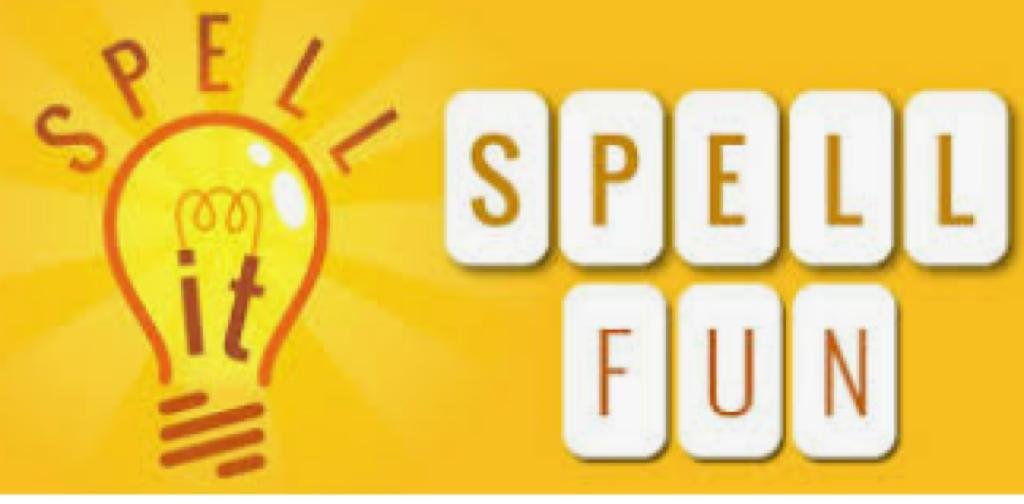

.jpeg )
.jpg )


.jpg )
.jpeg )

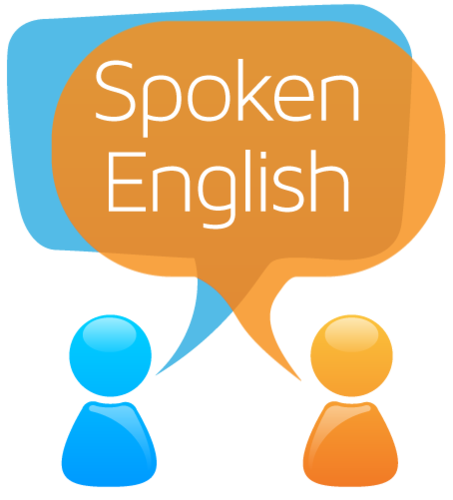
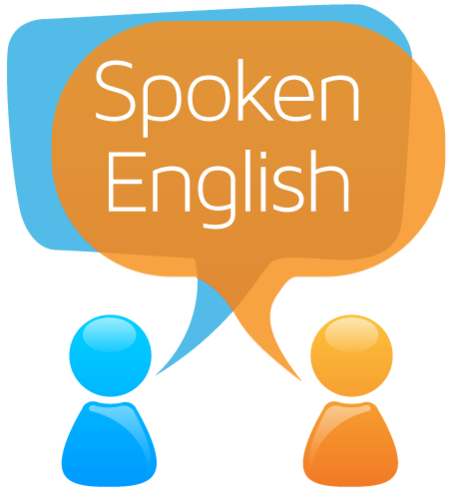







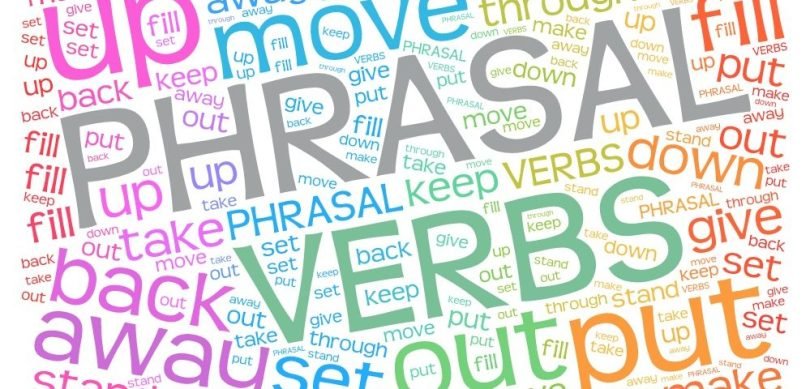




.jpeg )
.jpeg )
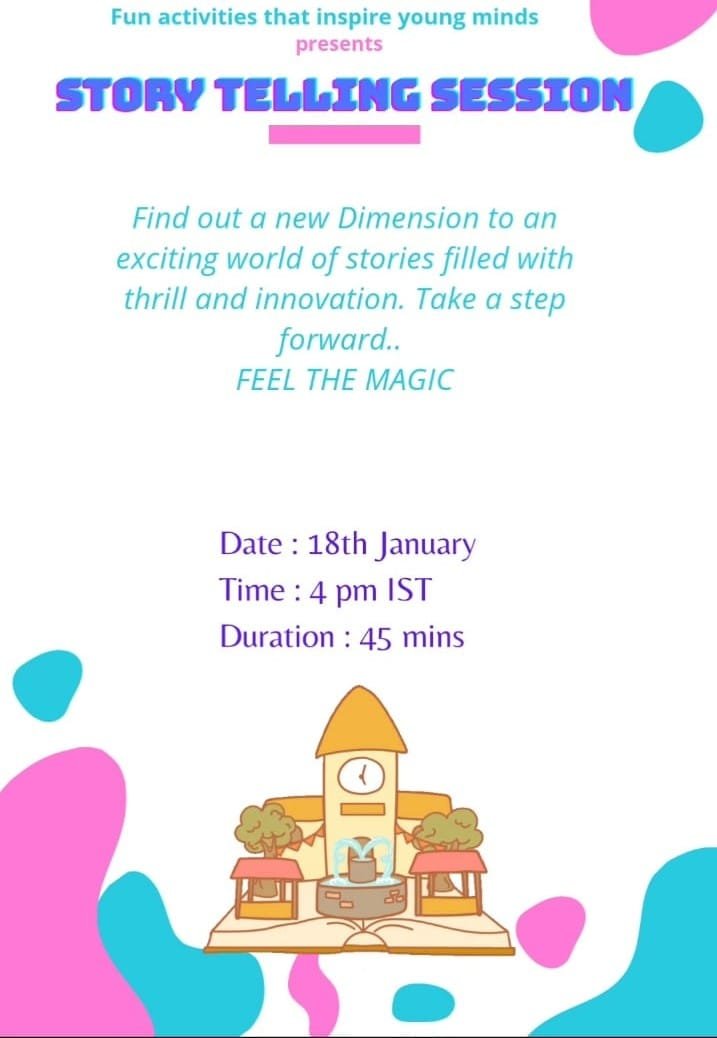

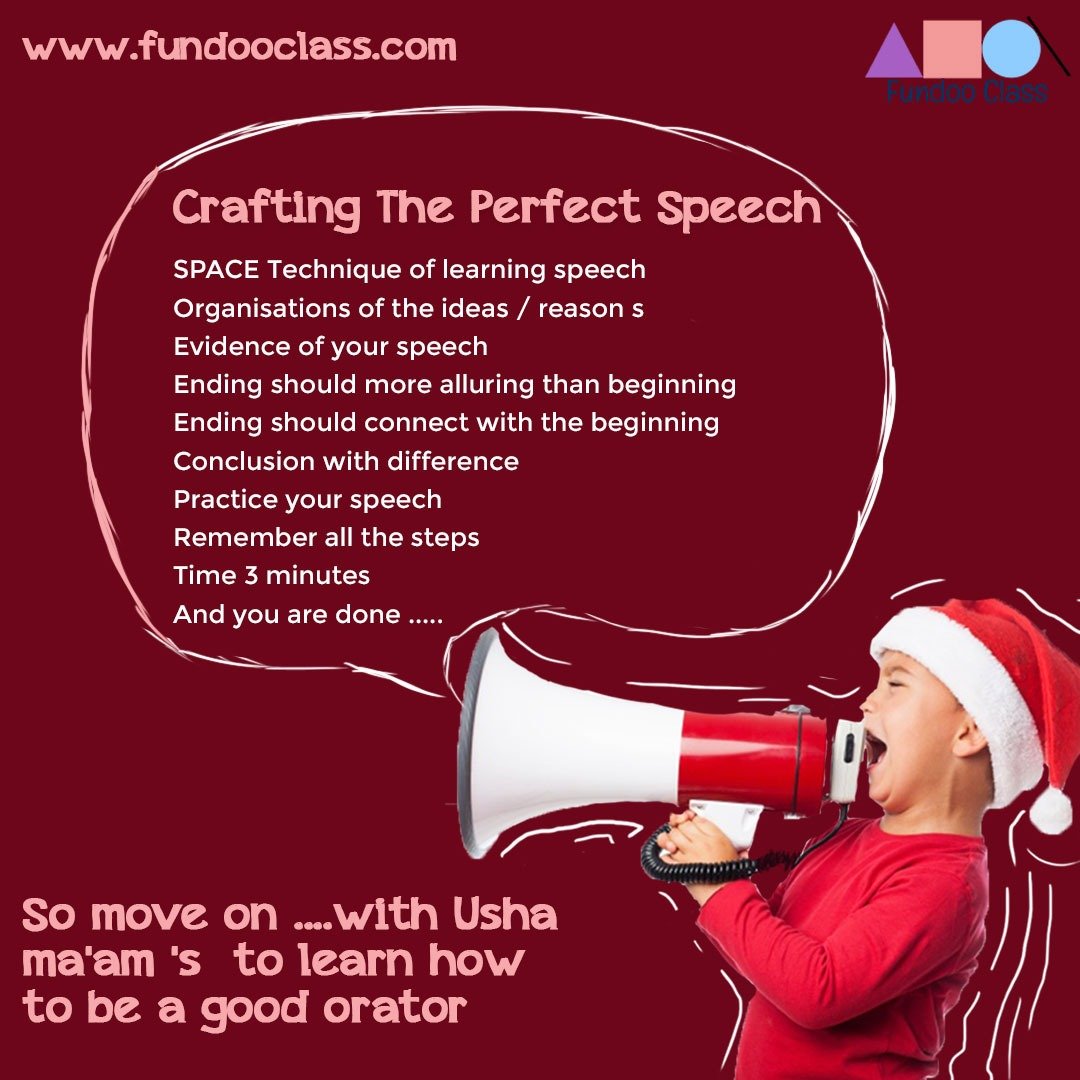

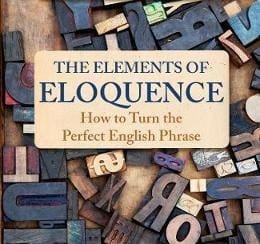



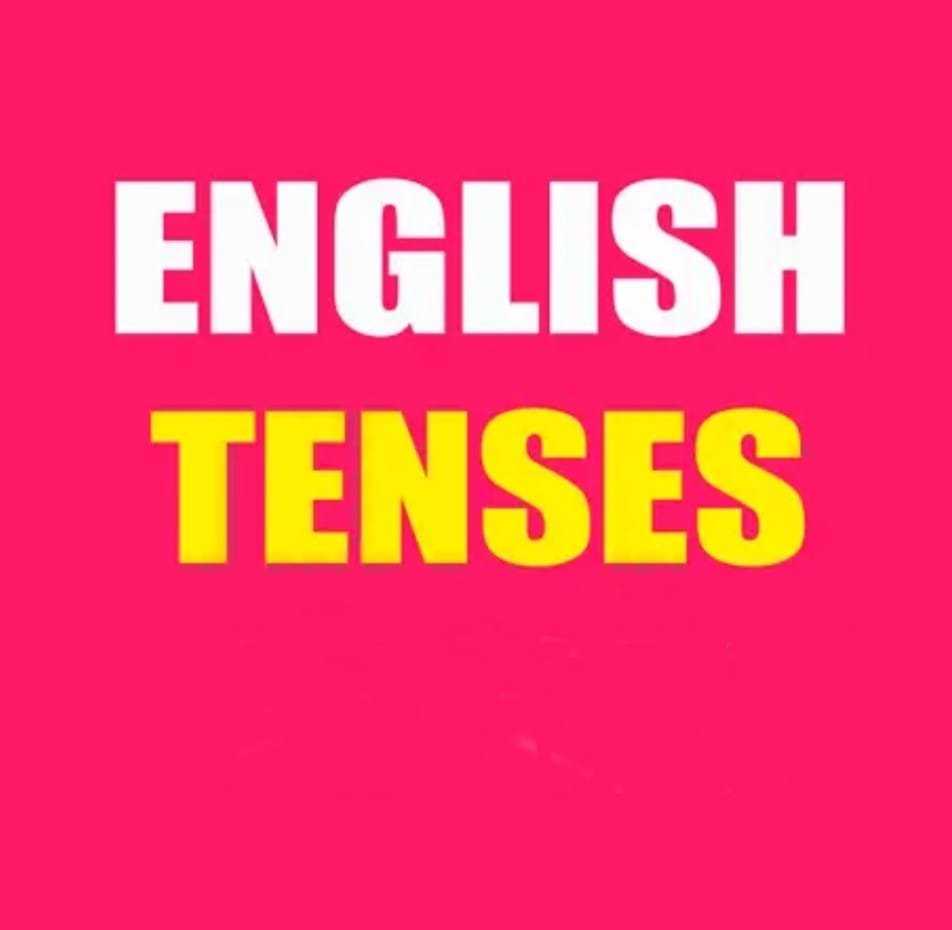
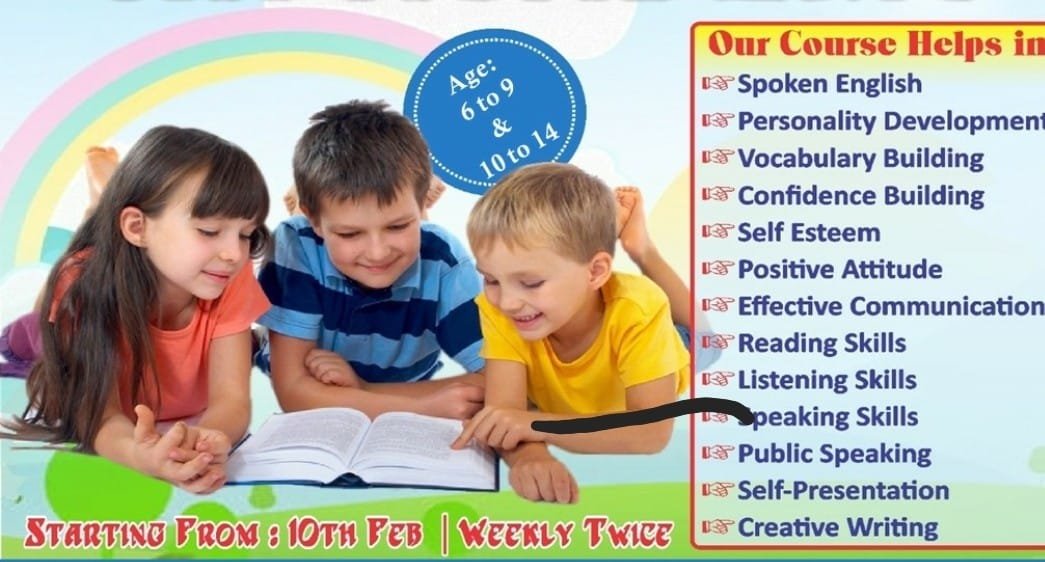
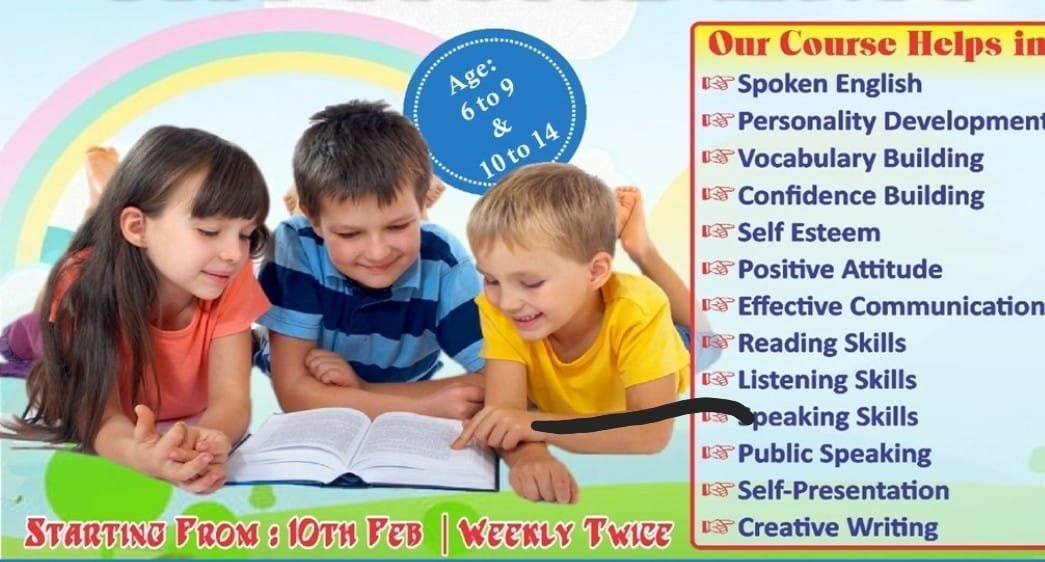




.jpeg)




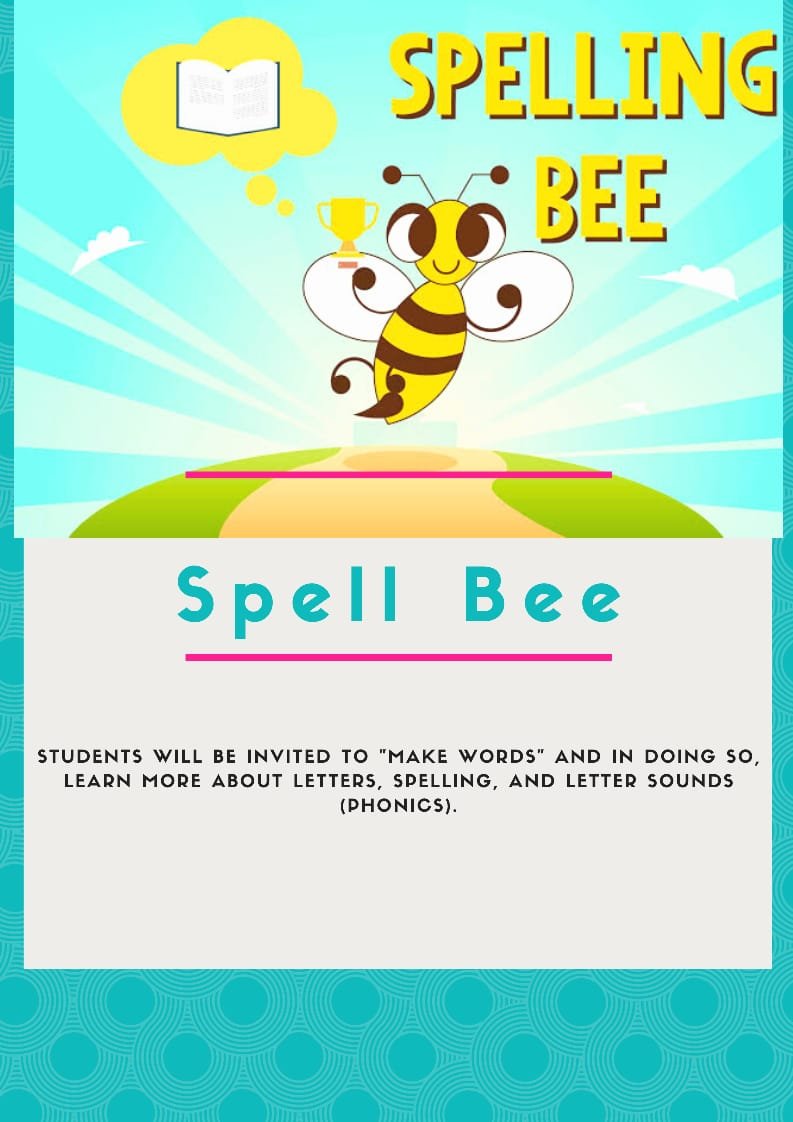




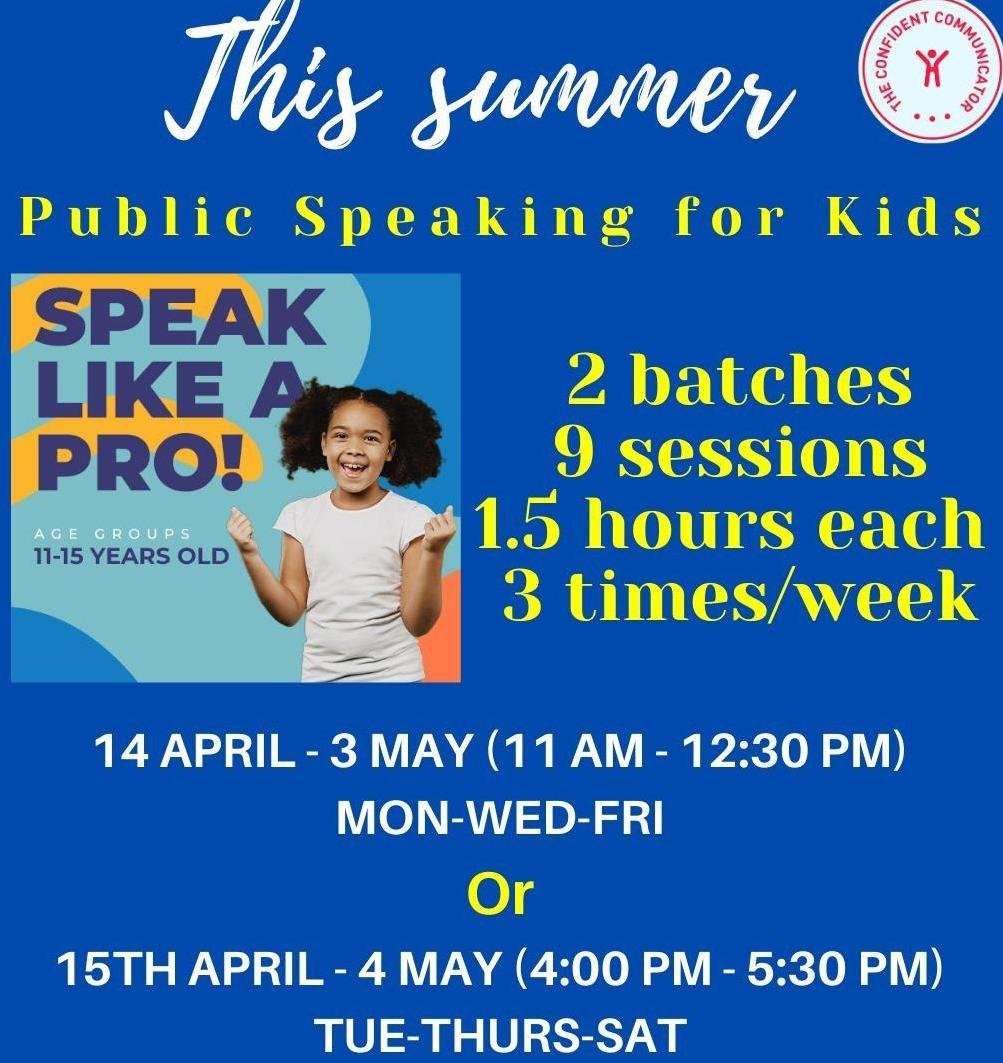





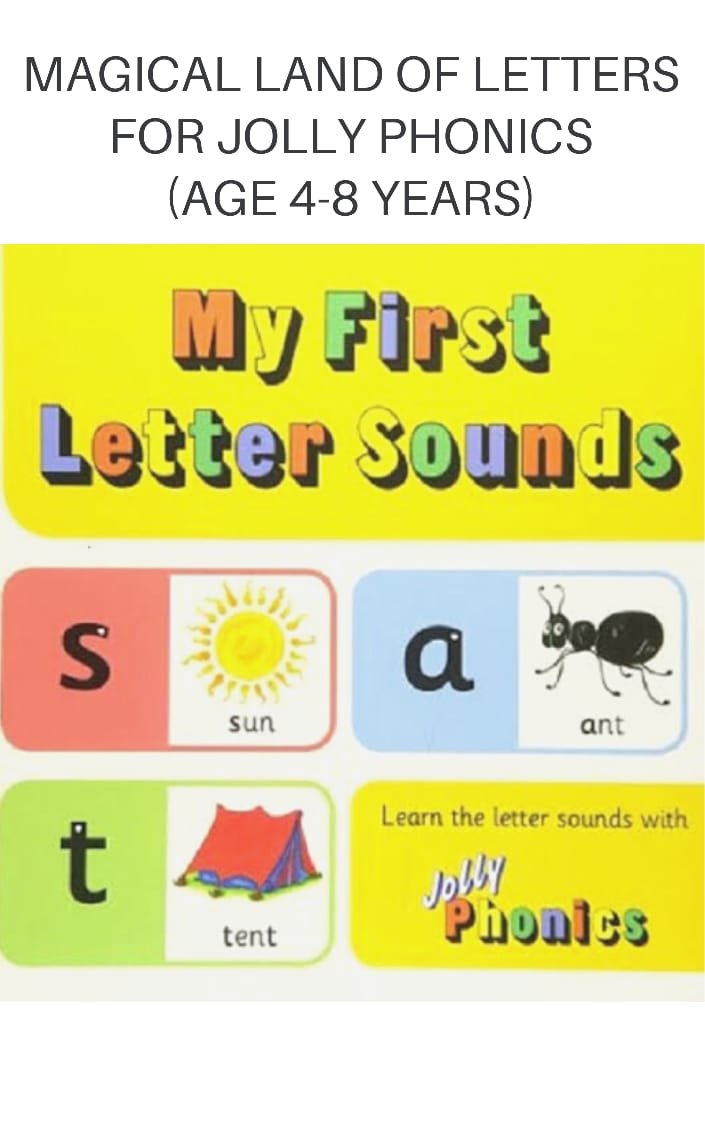
.jpeg)
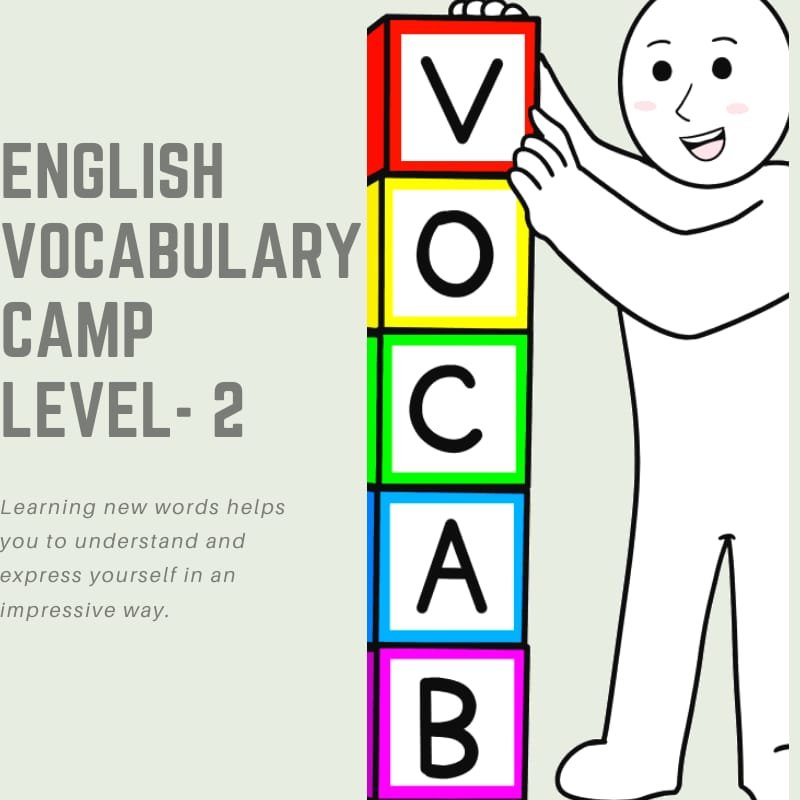

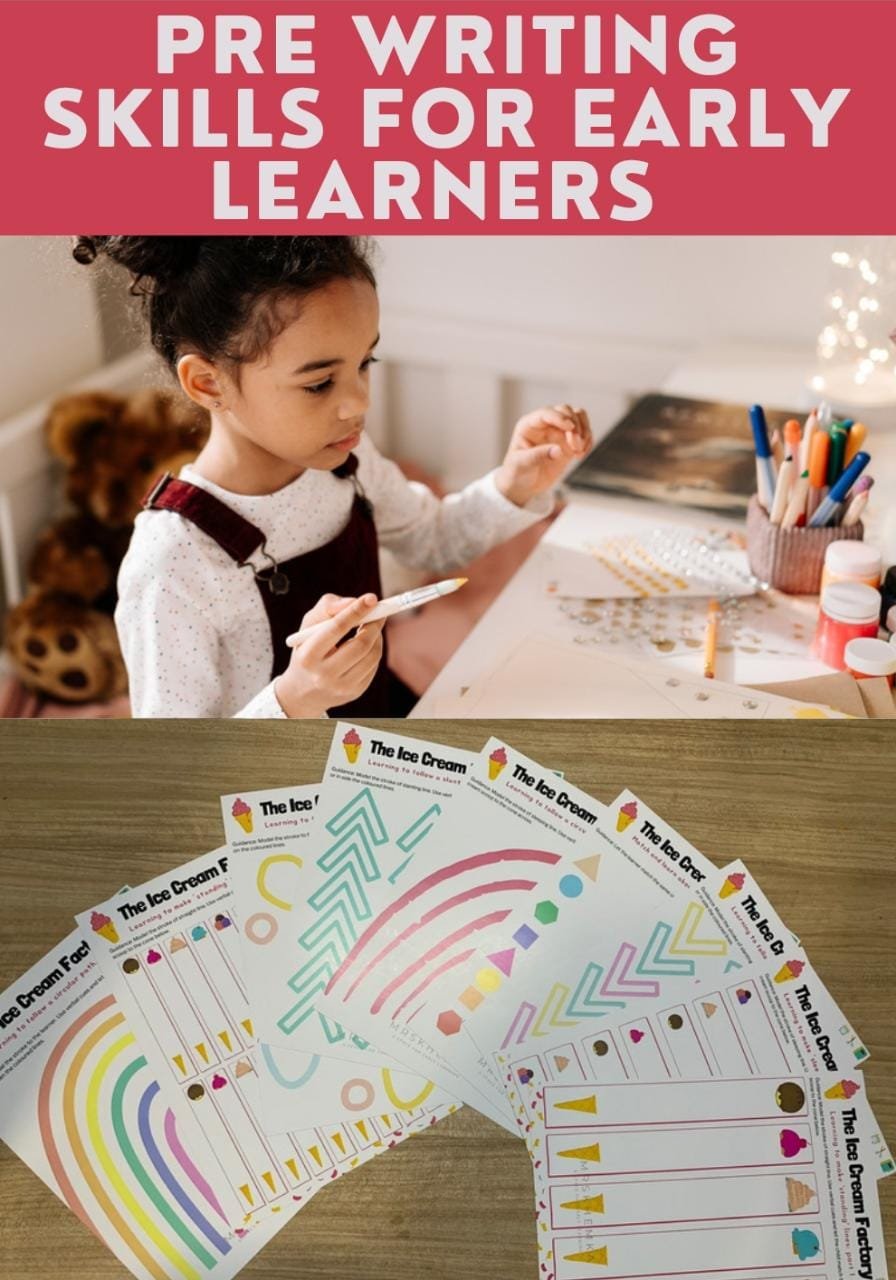


.jpeg )
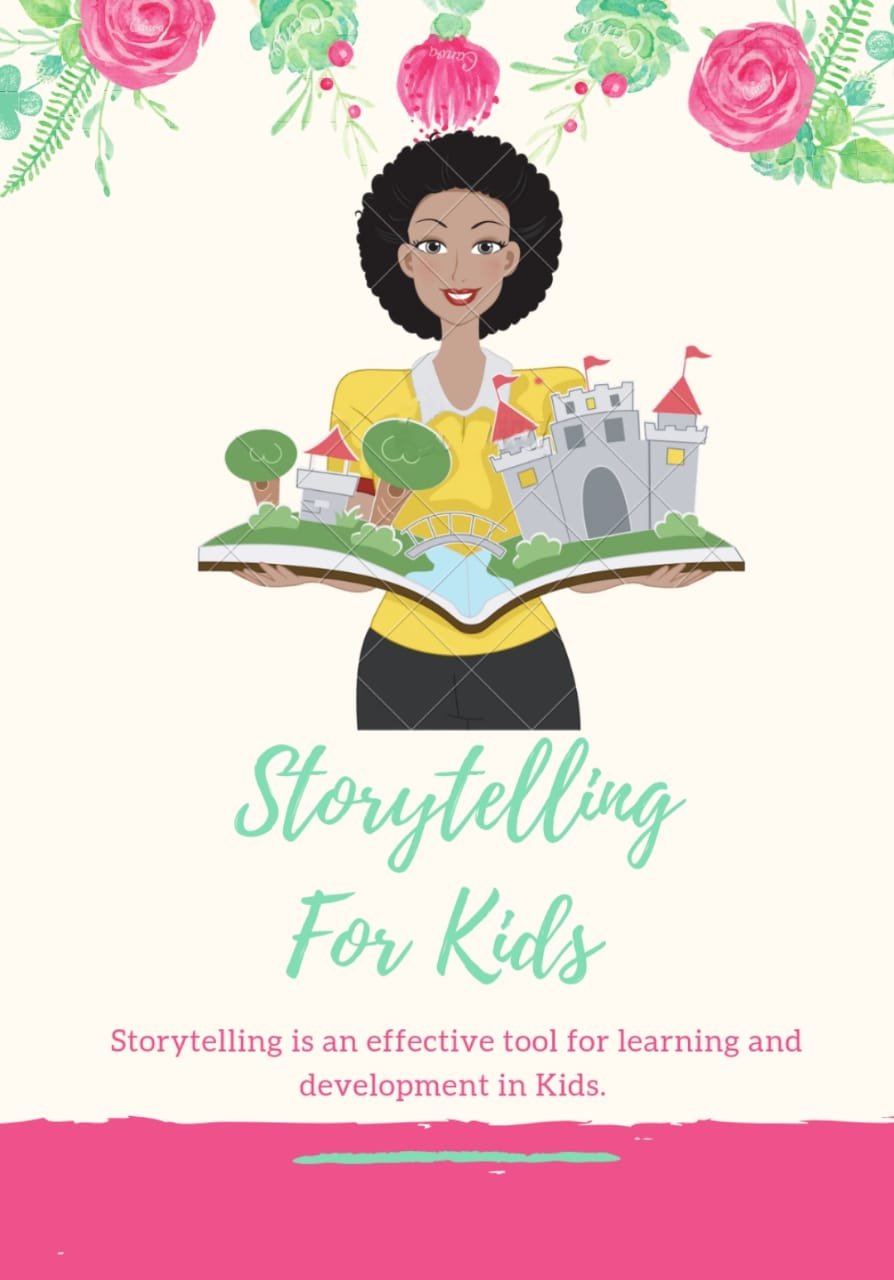


.jpeg )
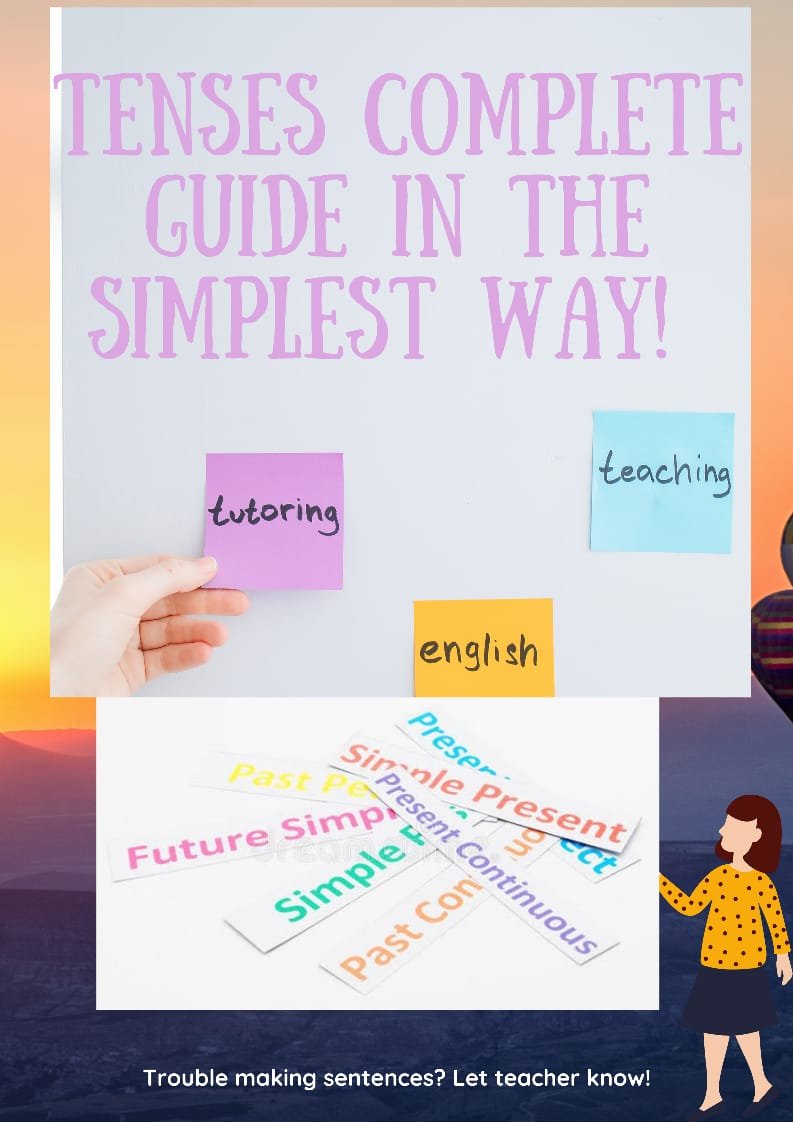

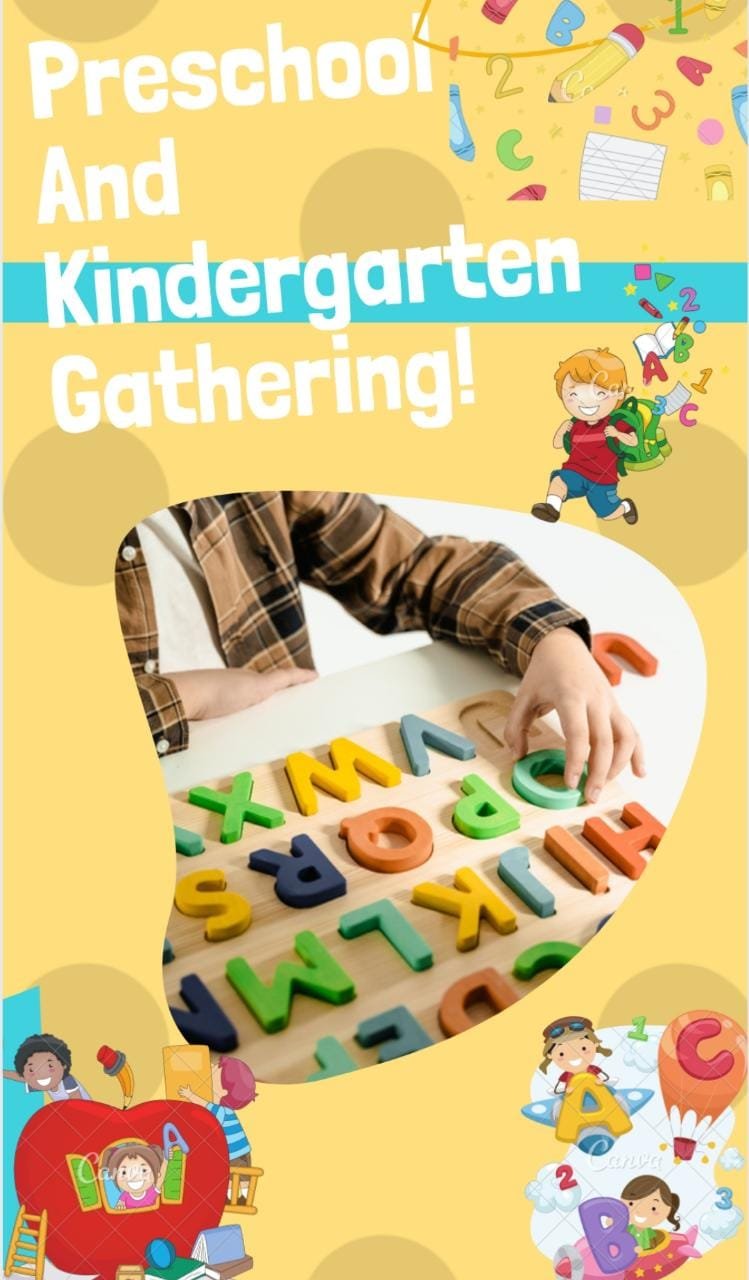
.jpeg )




.jpeg)
.png )

.png )

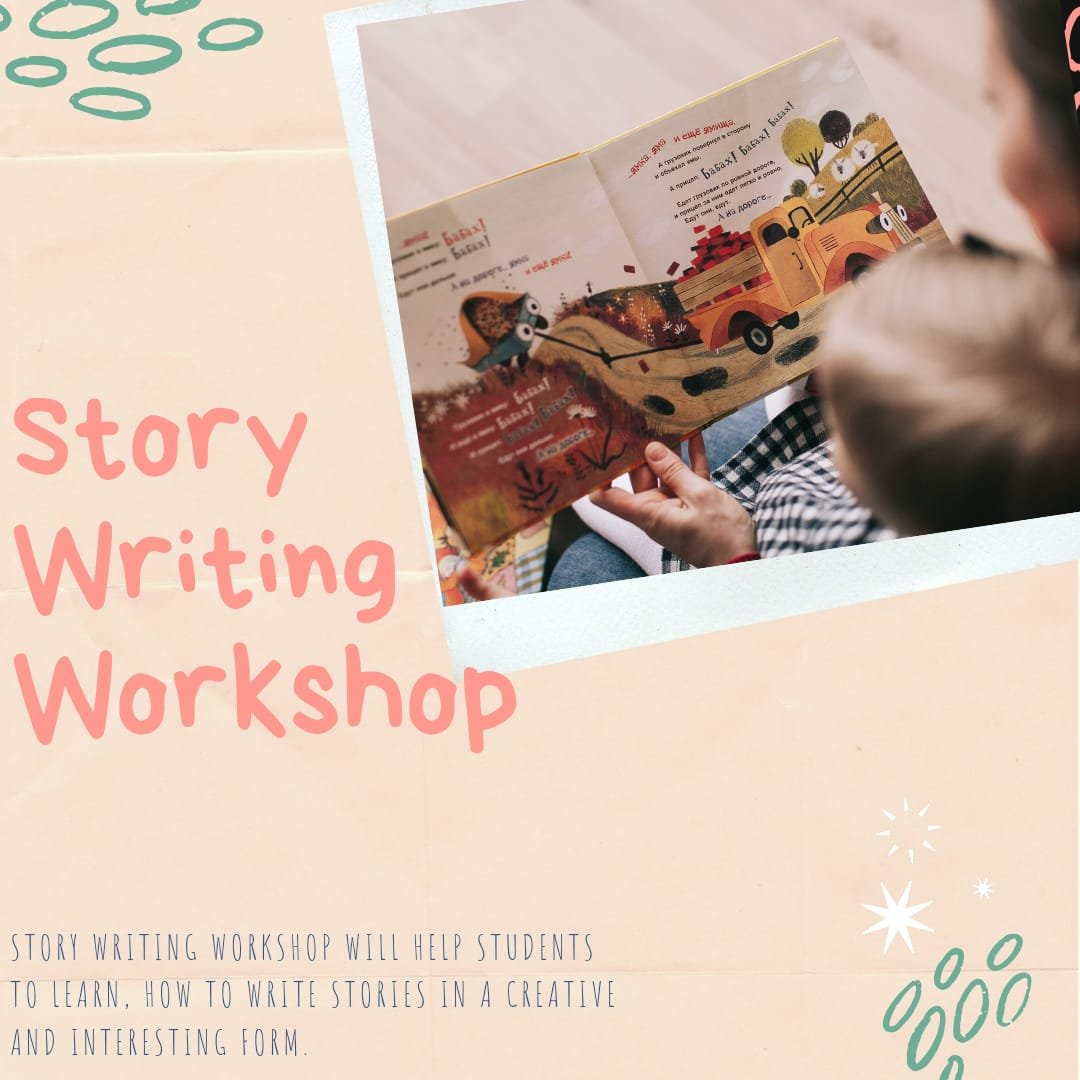
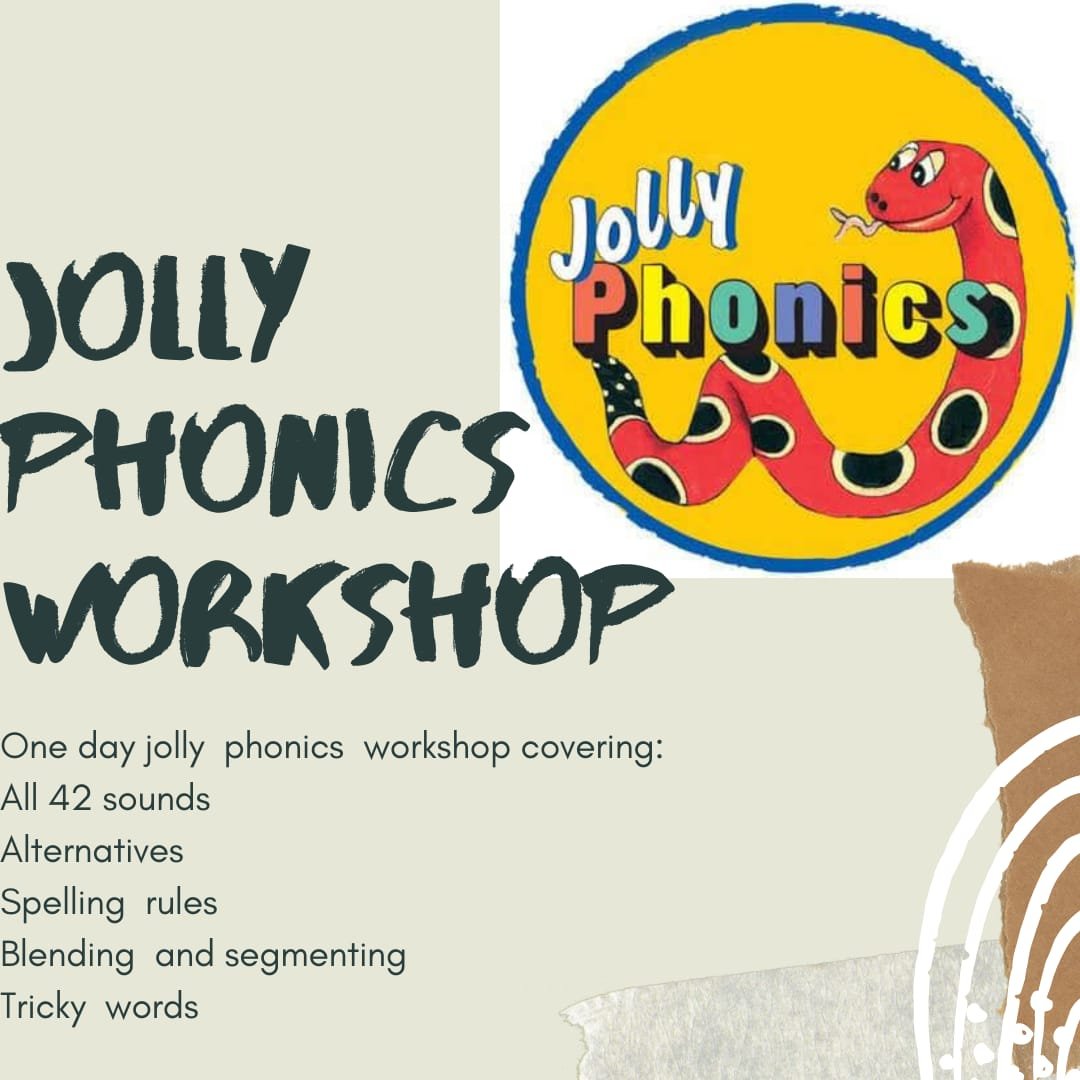

.png )

.png )
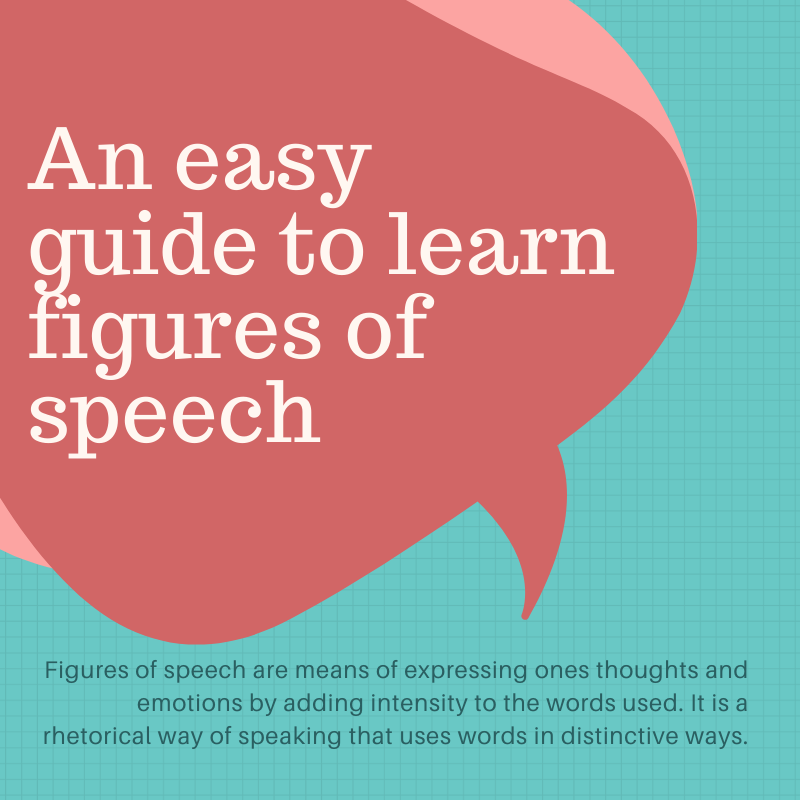
.png)
.png)


.png )
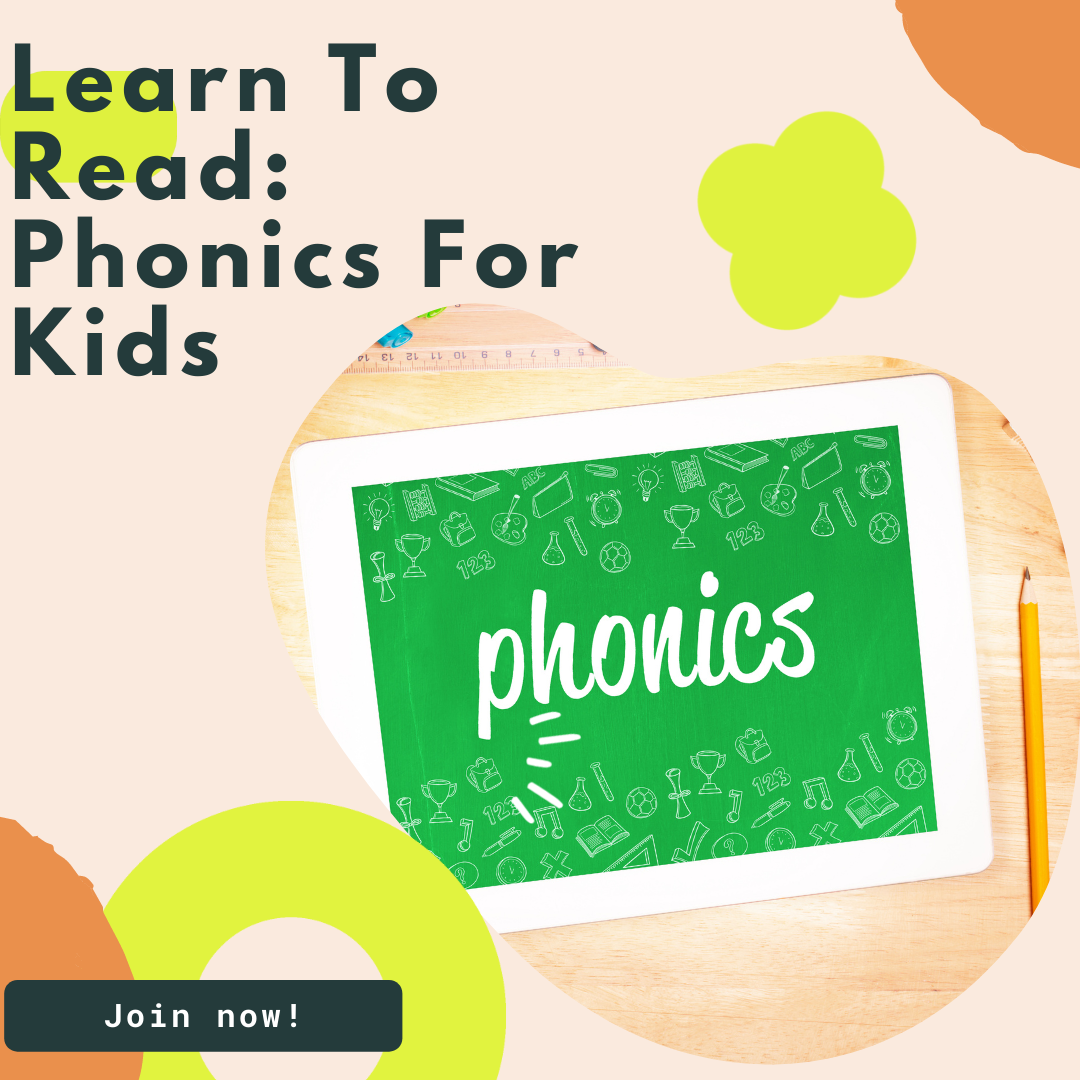


.png )
.png)

.png)
.jpeg )
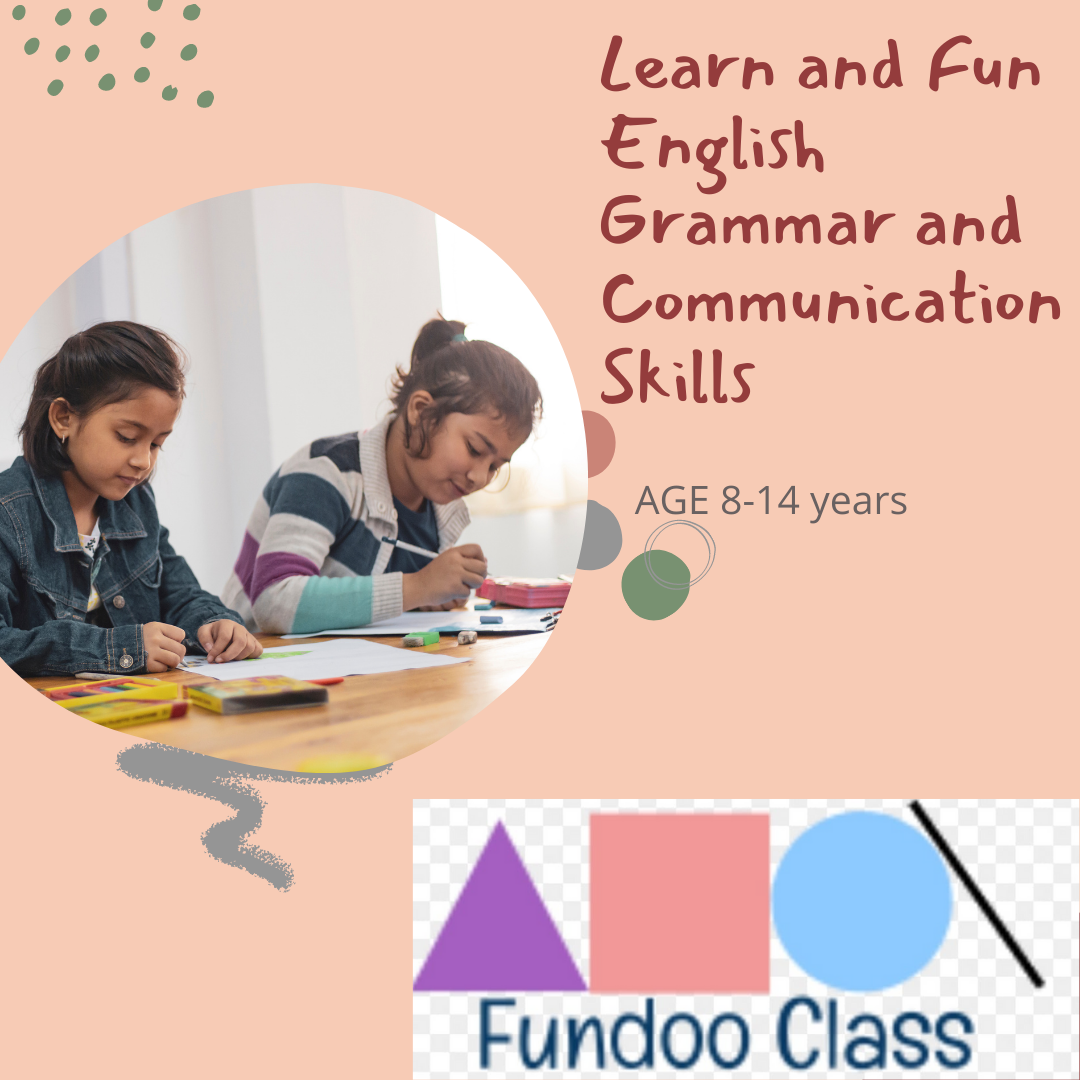


.png )

.png )
.png )

.png)
.png )
.jpg)
.jpg )


.png )
.png)

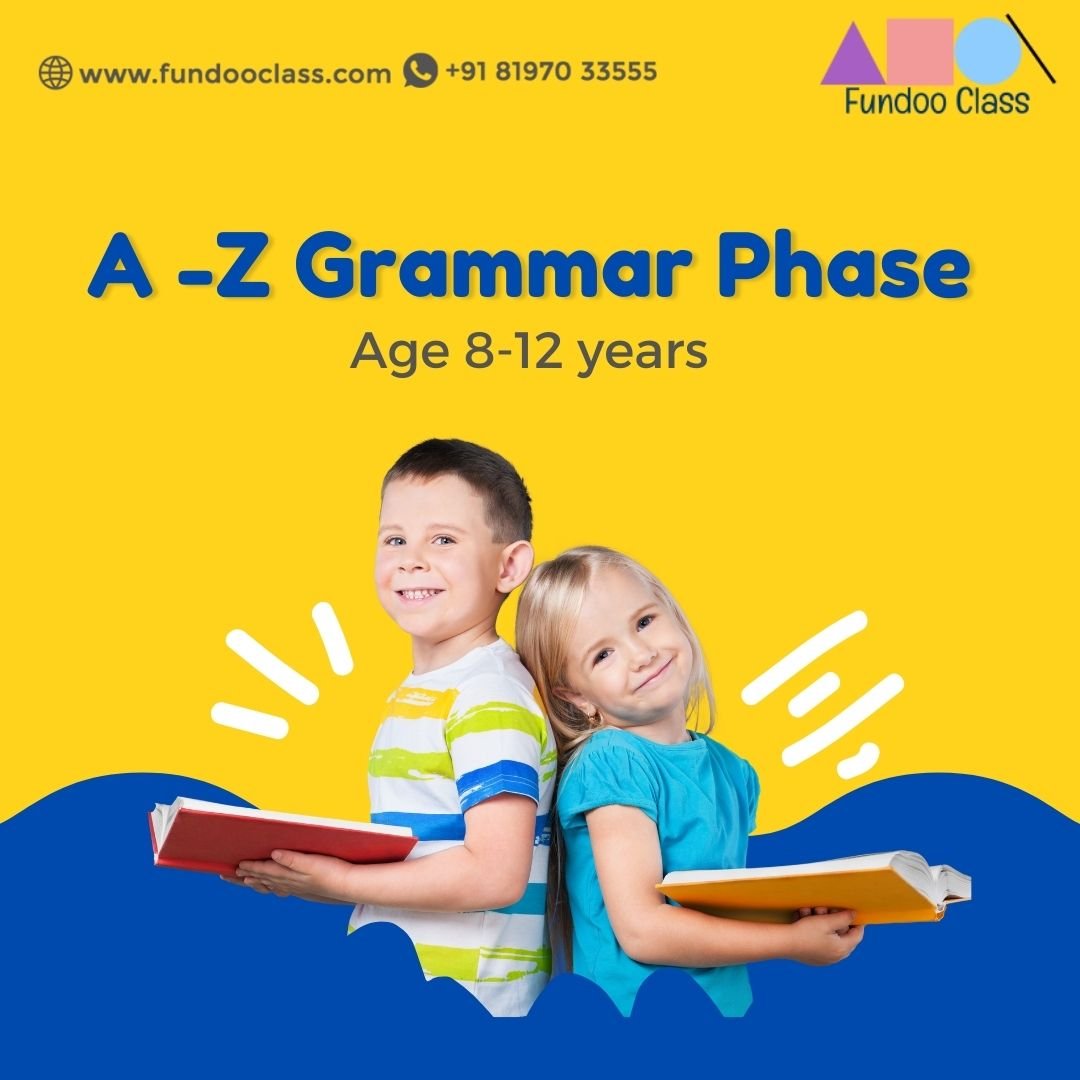
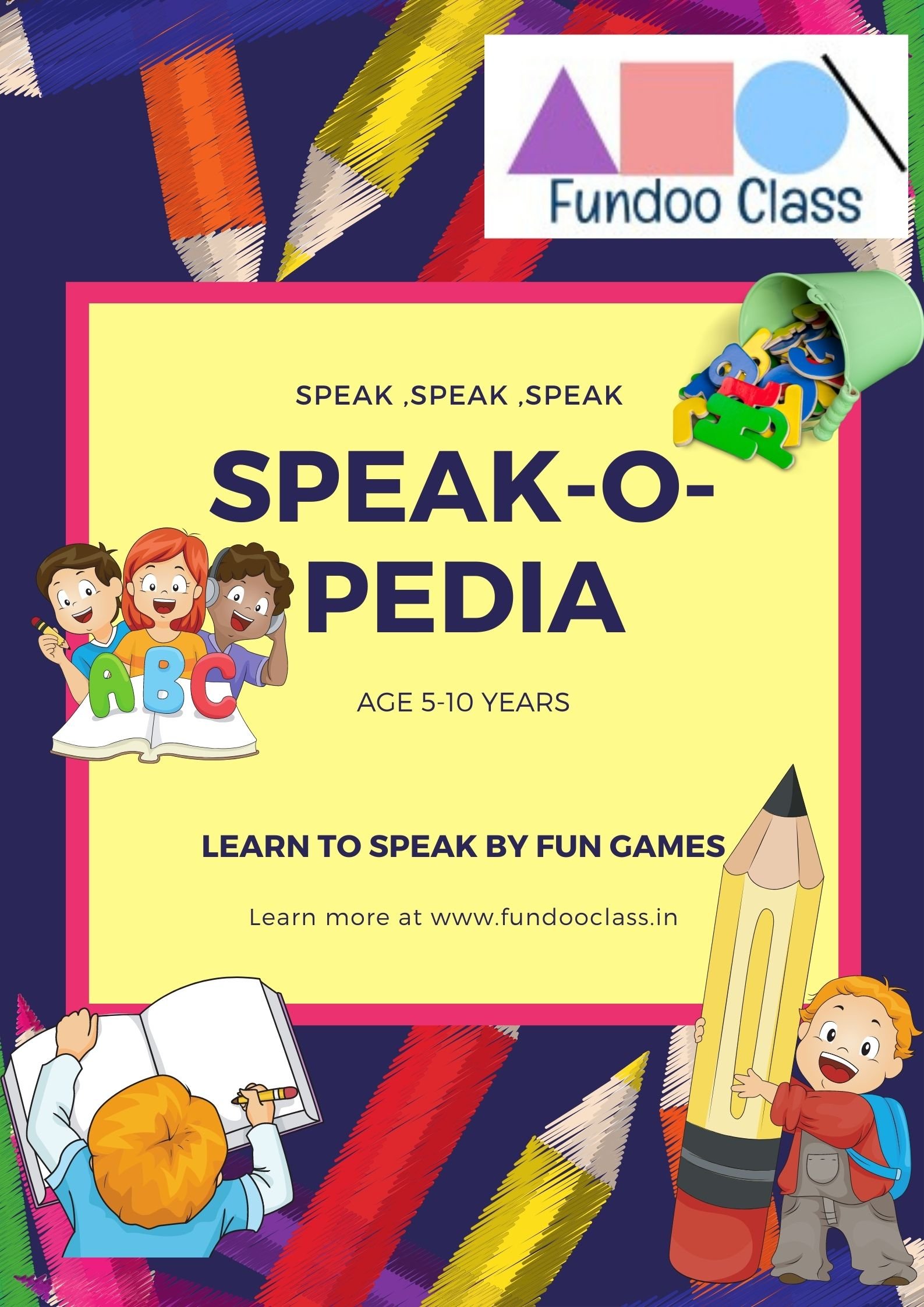
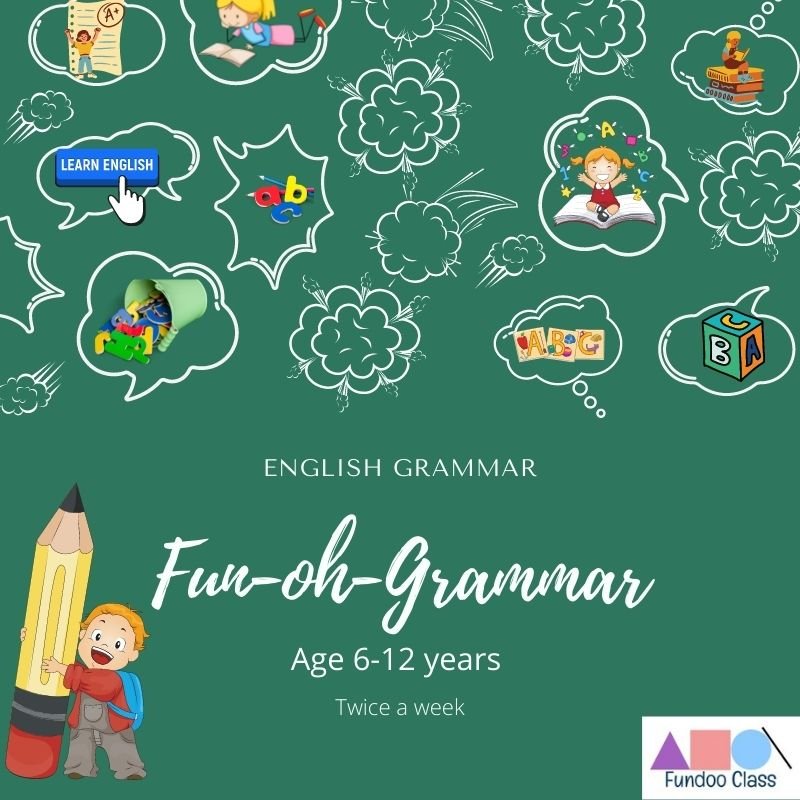
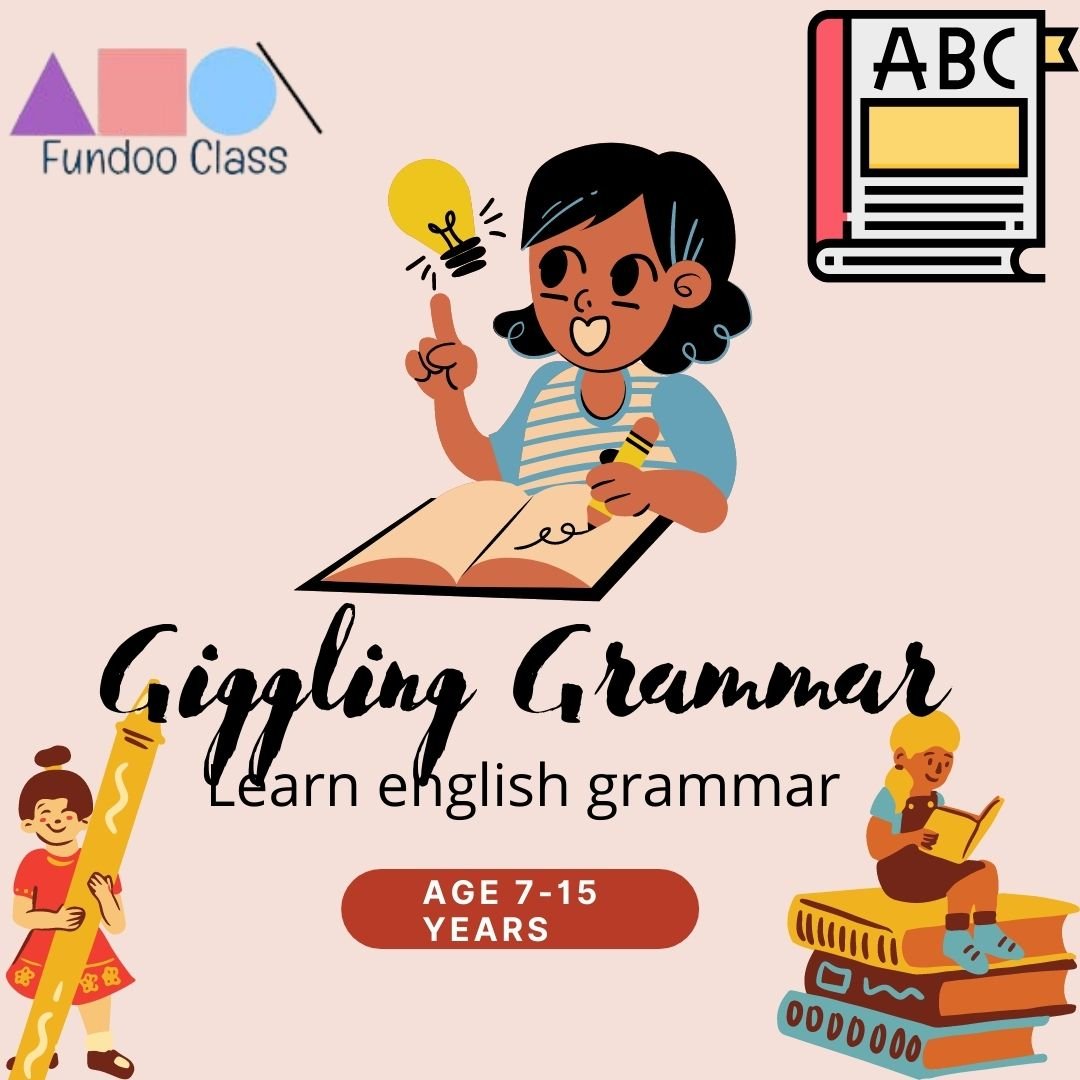


.jpg )



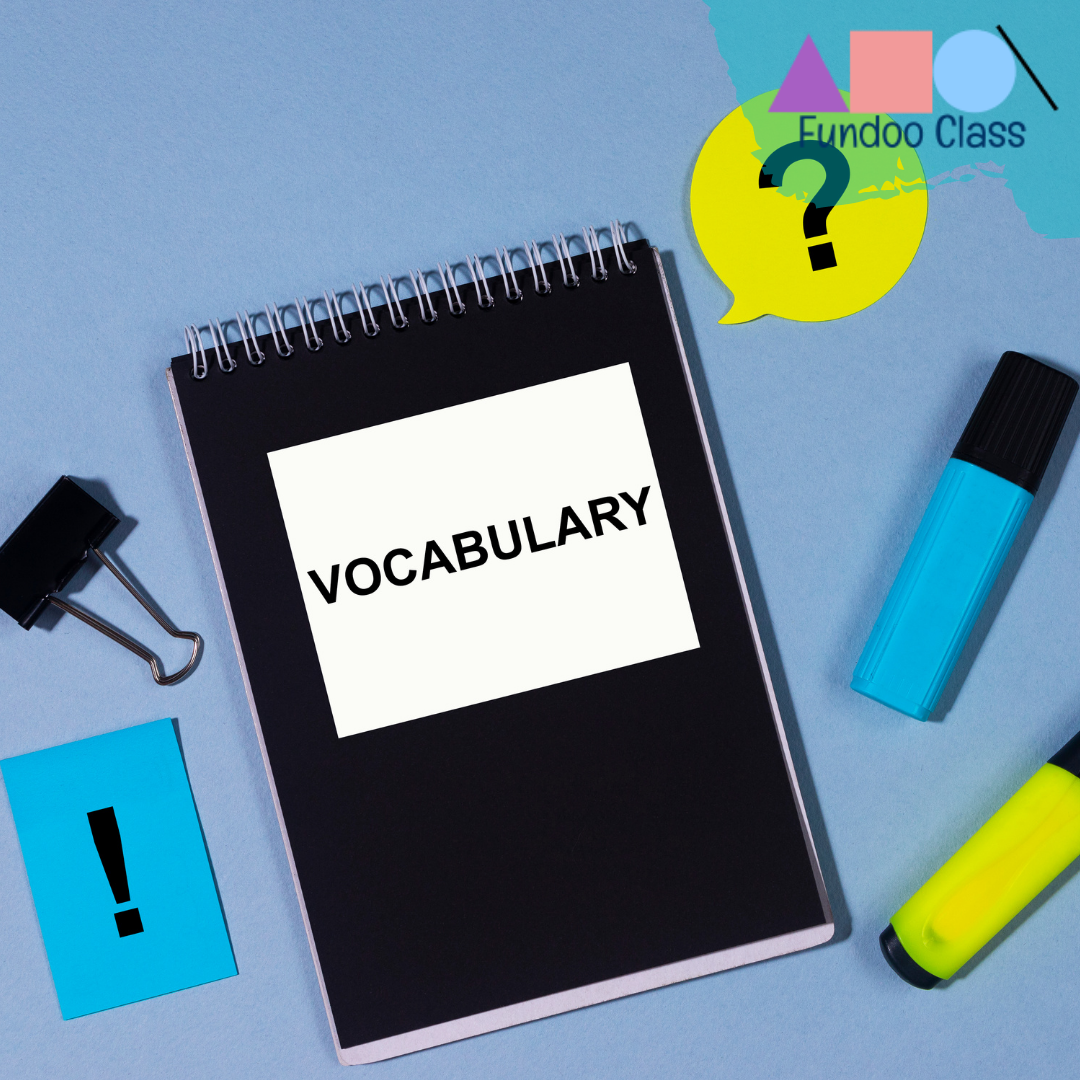
.jpg)

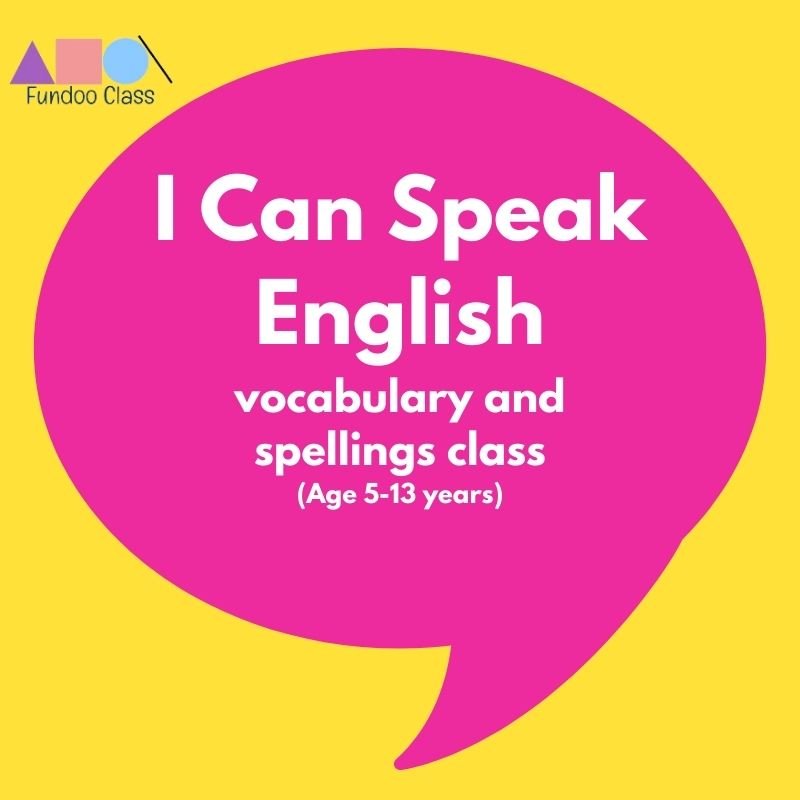

.png )

.jpg)
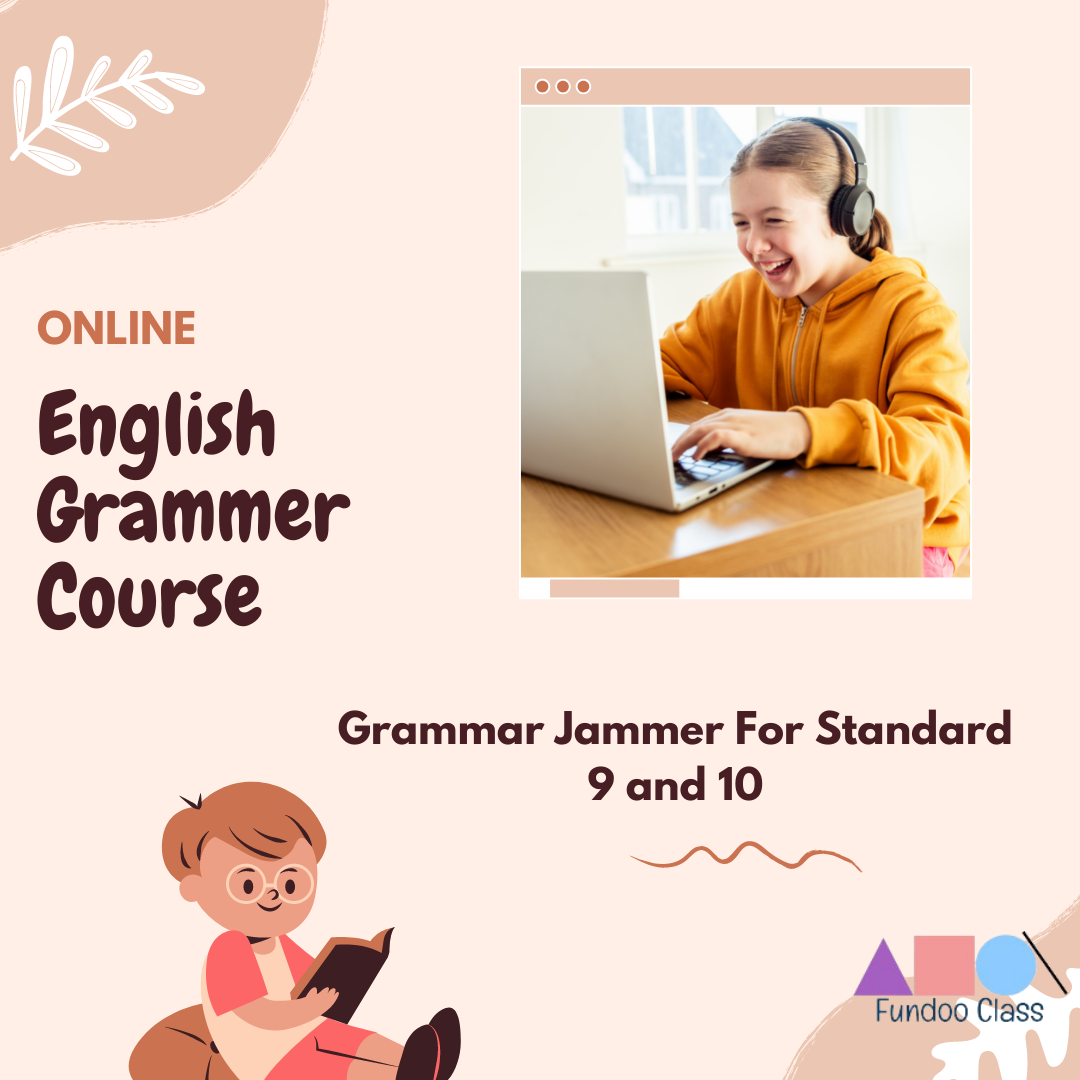
.png )
.png )



.jpg )


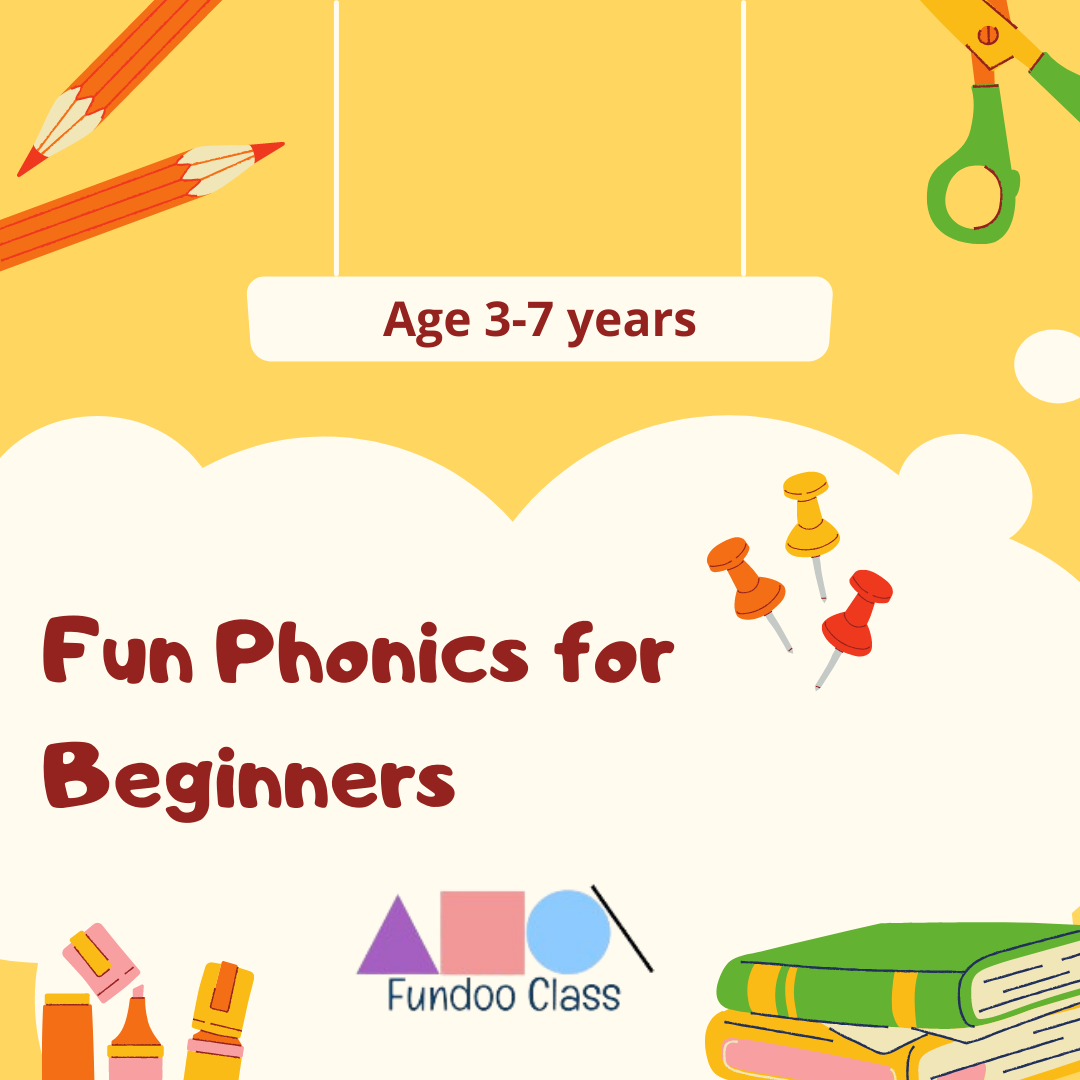

.png)
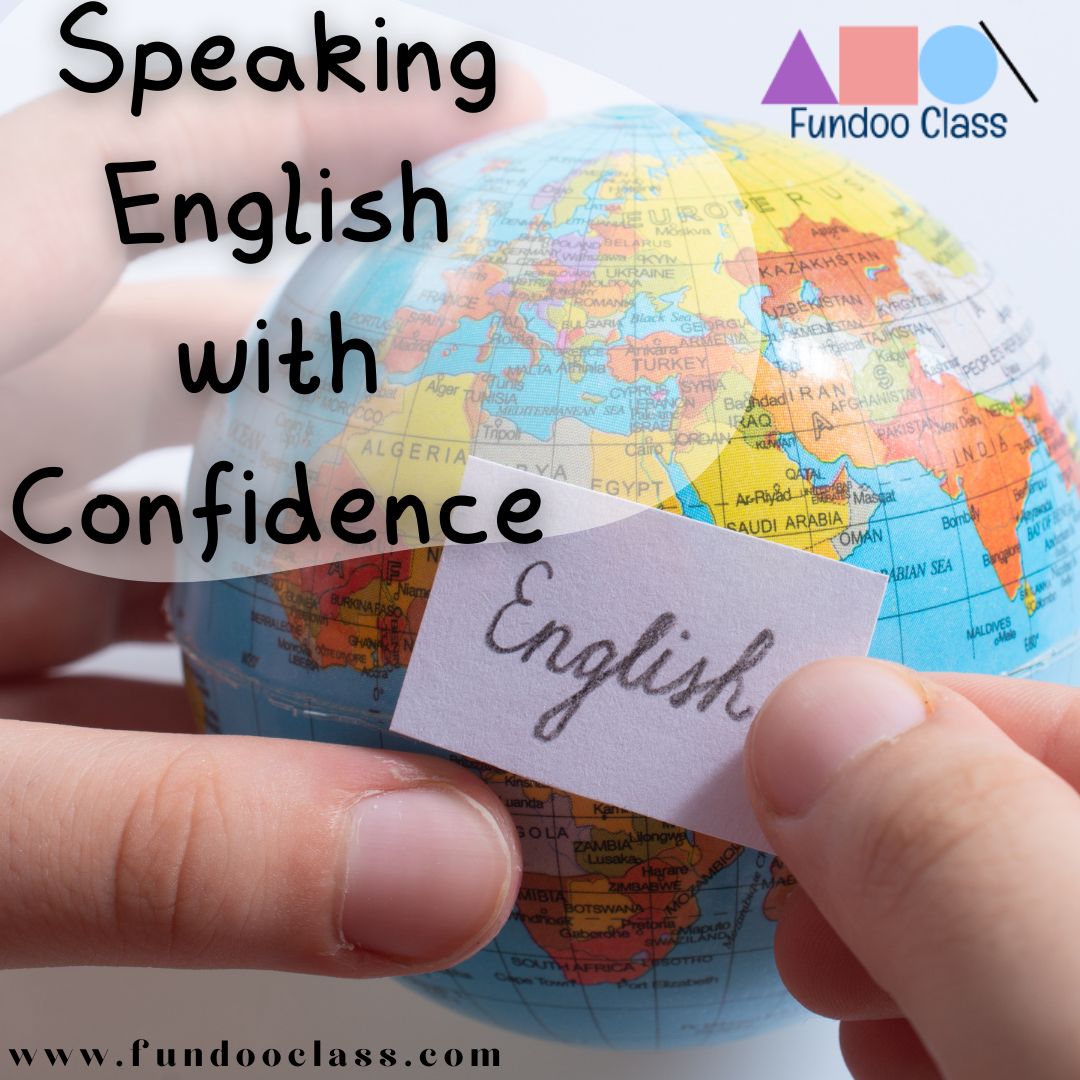
.png )




.png)
.png )
.png )

.png )
.png)
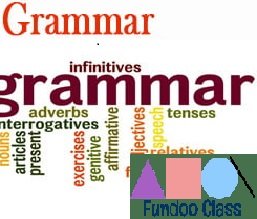
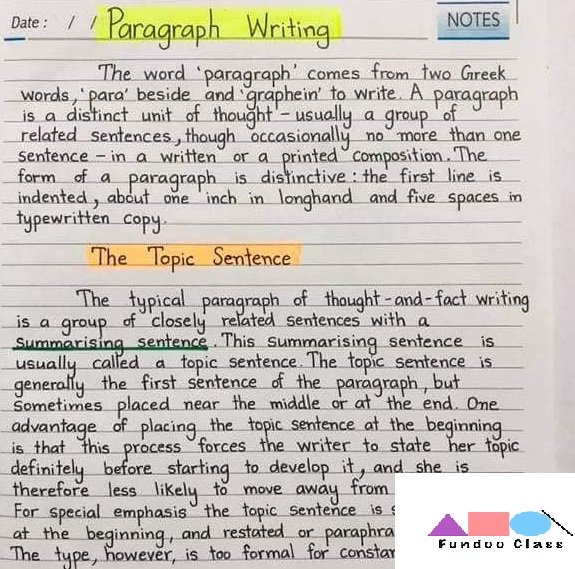


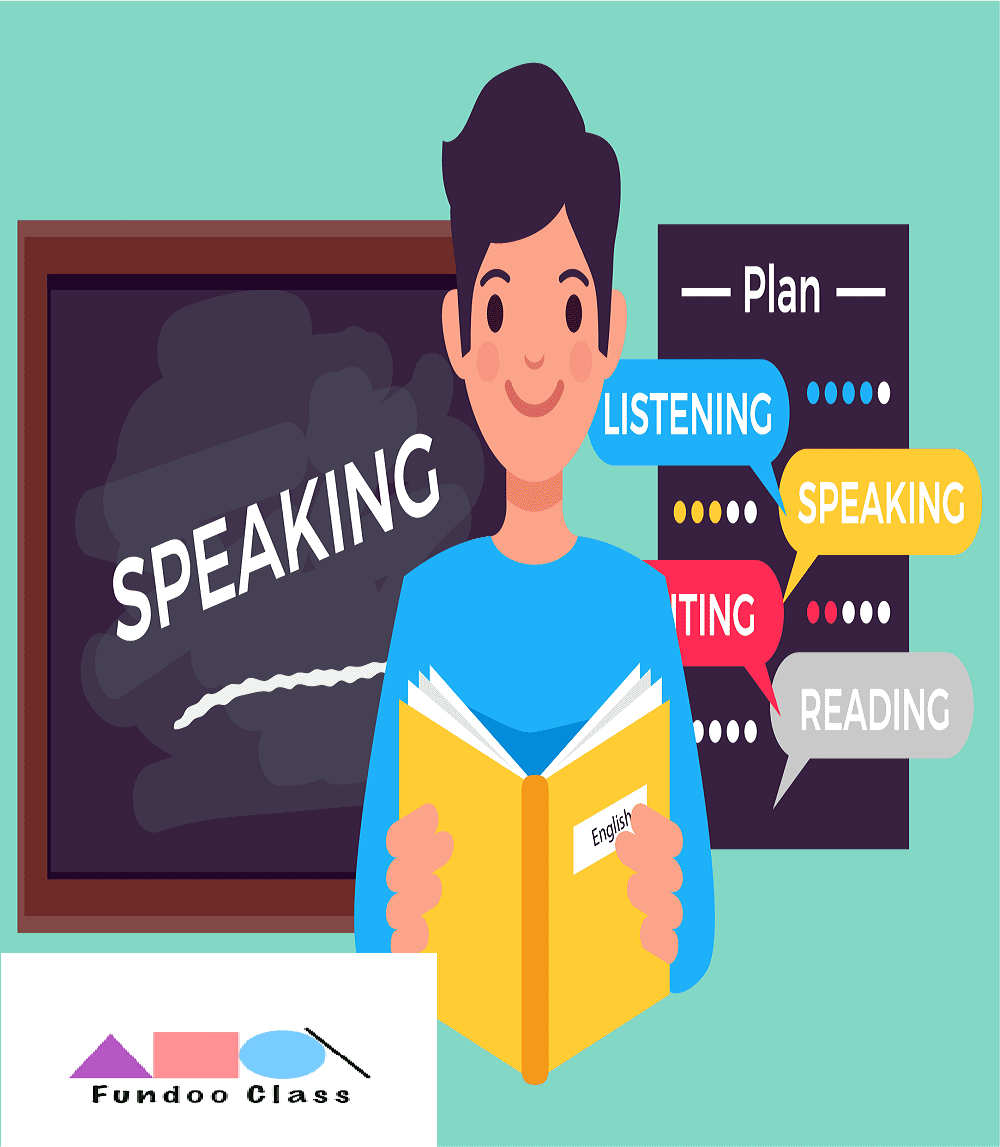


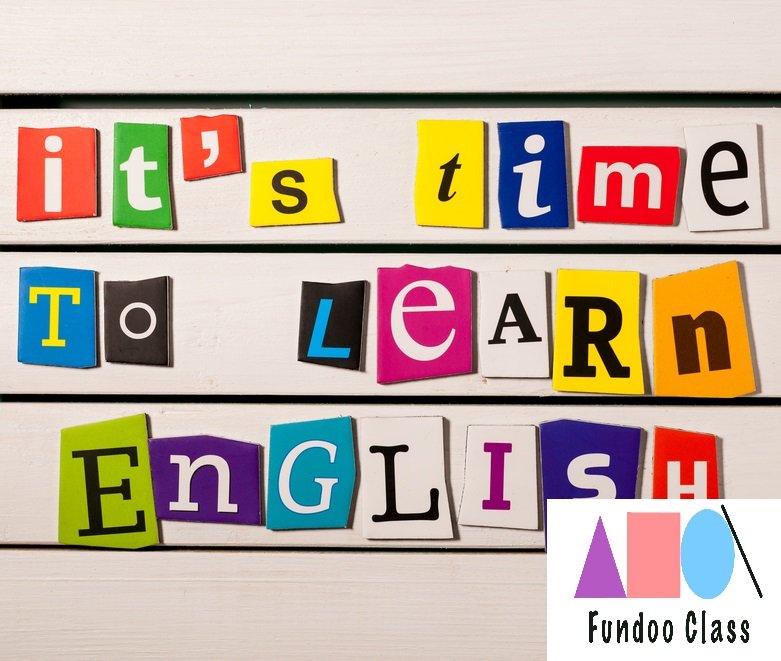





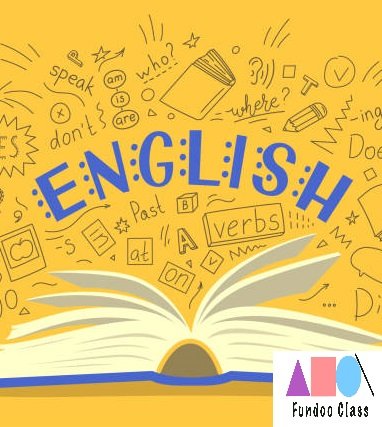

.jpg)
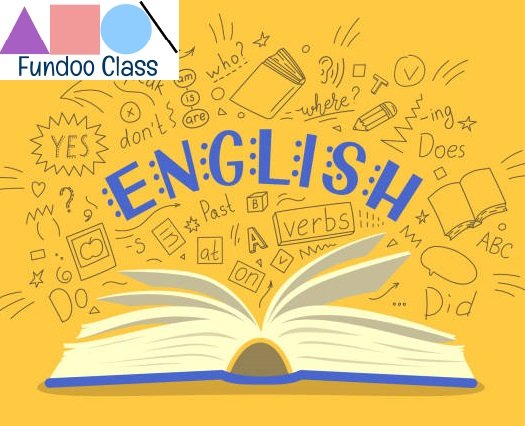
.jpg)



.jpg)

.jpg)
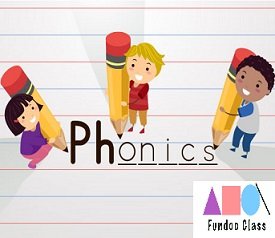

.jpg)

.jpg )





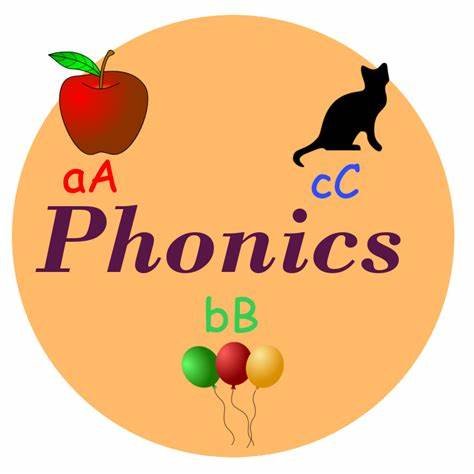
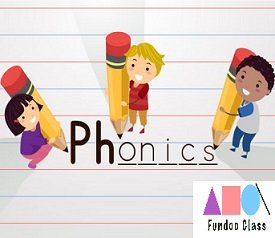


.jpg)
